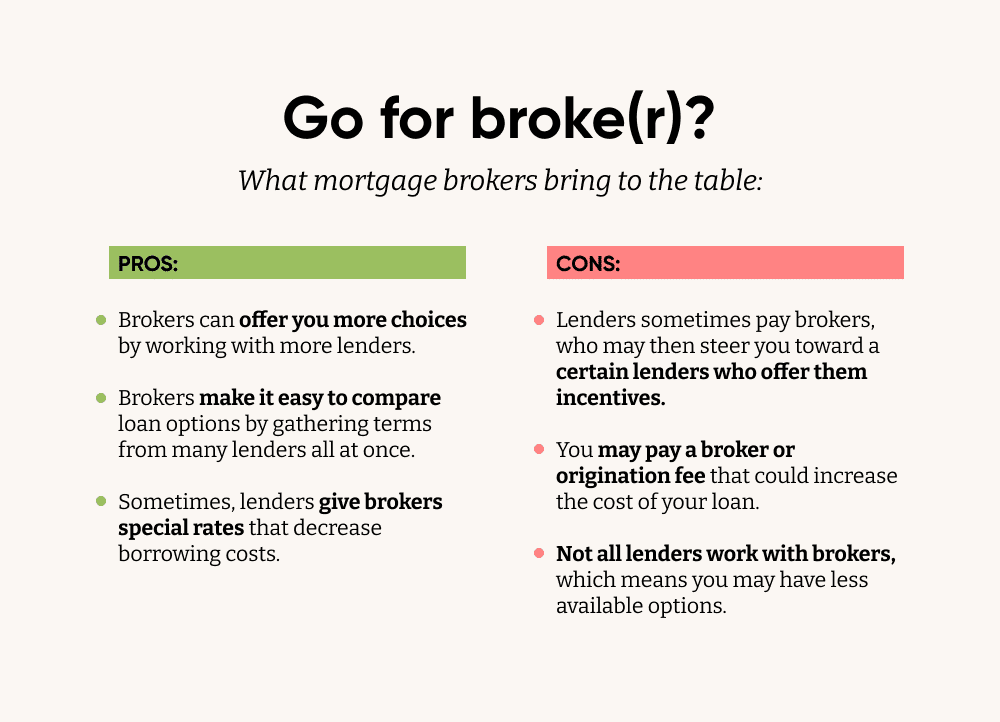Jumbo Loan: The Most Effective Funding Alternative for High-Priced Residences
Jumbo Loan: The Most Effective Funding Alternative for High-Priced Residences
Blog Article
Comprehending What a Jumbo Lending Entails and Just How It Varies From Traditional Finances
Browsing the details of big financings reveals a funding alternative tailored for those venturing into high-value property, normally going beyond the limitations set by the Federal Housing Finance Agency. On the other hand, standard loans are often more obtainable, taking advantage of support by entities such as Fannie Mae and Freddie Mac. The significant danger connected with jumbo loans demands a lot more rigid certification requirements, including greater credit rating and considerable down payments. As these 2 finance types satisfy differing economic landscapes, recognizing their nuances is crucial for making educated decisions in the intricate globe of property funding. Exactly how do you figure out which path ideal fits your economic technique?
Definition of Jumbo Finances
Jumbo car loans are a sort of mortgage that surpass the adjusting lending limitations established by the Federal Real Estate Finance Agency (FHFA) These financings accommodate debtors that require to fund homes that are extra pricey than what conventional funding restrictions allow. The FHFA establishes annual adhering funding restrictions, and any kind of loan surpassing these thresholds is categorized as a jumbo funding.
Normally, jumbo fundings are used in high-cost real estate markets where home costs substantially surpass national averages, such as in cities or deluxe housing industries. As these lendings are not qualified for purchase by Fannie Mae or Freddie Mac, they carry inherent threats for loan providers because of their larger dimension and non-conformity (jumbo loan). As a result, lenders usually enforce more strict qualification criteria for big car loans than conventional adhering loans.
Borrowers looking for big fundings must normally demonstrate a strong economic profile, including a greater credit history, durable income verification, and significant down repayment, frequently 20% or even more. Additionally, loan providers might call for much more considerable documentation to examine the borrower's capability to take care of larger regular monthly settlements. Understanding the particular qualities of big lendings is essential for prospective borrowers navigating this section of the home mortgage market.
Standard Car Loans Introduction
While big financings accommodate high-value property financing, traditional finances stand for the even more usual home mortgage alternative in the real estate market. These loans are not insured or ensured by any type of government entity, such as the Federal Housing Administration (FHA) or the Department of Veterans Affairs (VA) Instead, they are backed by private lenders and follow guidelines set by government-sponsored enterprises (GSEs) like Fannie Mae and Freddie Mac.
Standard loans are generally offered with fixed or adjustable rates of interest and differ in terms of duration, commonly extending 15 to three decades. Debtors commonly like traditional car loans for their predictable monthly payments, which can promote lasting monetary planning. In addition, they are offered for main residences, 2nd homes, and financial investment properties, supplying adaptability to satisfy varied debtor needs.

Key Distinctions In Between Loans
At the forefront of this decision-making process are jumbo lendings and conventional lendings, each having distinctive attributes and offering various debtor requirements. Jumbo loans go beyond the adhering car loan limits established by the Federal Housing Money Agency (FHFA), which differ by region.

Furthermore, the deposit needs can vary substantially. Jumbo finances usually require larger down repayments, often surpassing 20%, to minimize threat. Standard loans, conversely, may allow for lower down repayments, with some programs approving as low as 3% for certified purchasers.
Certification Demands
Protecting a jumbo funding includes satisfying much more rigorous certification demands compared to conventional car loans, reflecting the enhanced risk to lending institutions. These loans, which go beyond the adapting finance limitations set by the Federal Housing Finance Firm (FHFA), are not qualified for purchase by Freddie Mac or Fannie Mae, thus exposing lending institutions to higher monetary risk - jumbo loan. Consequently, debtors should demonstrate a high creditworthiness and financial stability
A robust credit history, normally 700 or higher, is essential for authorization. Lenders likewise expect a lower debt-to-income (DTI) proportion, typically not exceeding 43%, making certain that debtors can manage considerable monthly settlements alongside various other monetary obligations. Additionally, a significant cash money reserve is usually required, generally amounting to 6 months of mortgage repayments, to reassure lenders of the consumer's financial durability.
Down settlement expectations are likewise raised, regularly starting at 20% or more of the property's value. While this is a secure for lending institutions, it necessitates substantial upfront capital from customers. Additionally, proof of constant, adequate revenue is essential, typically confirmed with tax obligation returns, W-2s, and current pay stubs. Freelance people might require to give further documentation, such as profit and loss statements, to validate their earnings stability.
Choosing the Right Car Loan
When choosing the most suitable lending option,Navigating the complexity of jumbo loans calls for cautious consideration. With the broader series of alternatives offered to those seeking big finances, the decision-making procedure needs to involve a comprehensive evaluation of one's monetary profile and lasting goals. Unlike conventional loans, big car loans often feature stricter needs and differed rates of interest, which demand complete research study and a clear understanding of one's economic standing.
When selecting in between different big funding offerings, it is crucial to evaluate the financing terms, consisting of rates of interest, repayment routines, and linked charges. Consumers ought to contrast the rates supplied by various loan providers to guarantee they secure the Recommended Site most positive terms. Additionally, comprehending the effects of repaired versus variable-rate mortgages (ARMs) is important, as each alternative presents unique advantages and threats depending on market problems and individual financial methods.
Involving with a financial consultant or home mortgage broker can provide important understandings customized to specific circumstances. These experts can aid in browsing the subtleties of big car loans, ensuring that customers are knowledgeable and outfitted to pick a car loan that lines up with their economic purposes, inevitably facilitating a smoother home-buying process.
Conclusion
In summary, big car loans work as a read this post here monetary instrument for obtaining high-value properties, necessitating stringent qualification needs and greater rates of interest as a result of the raised danger for lenders. Unlike traditional financings, which satisfy FHFA restrictions and might get support from Fannie Mae or Freddie Mac, jumbo fundings need a minimal credit history of 700 and significant down repayments. Comprehending these distinctions is important for customers in high-cost genuine estate markets to identify the most suitable loan option for their needs.
The FHFA develops yearly adjusting financing restrictions, and any type of car loan surpassing these limits is categorized as a jumbo financing.
At the leading edge of this decision-making process are big financings and traditional car loans, each having distinct features and serving various consumer demands.Protecting a jumbo finance includes fulfilling much more rigorous certification needs compared to standard fundings, mirroring the enhanced threat to loan providers. Unlike conventional loans, jumbo financings typically come with more stringent requirements and differed passion rates, which require thorough research study and a clear understanding of one's economic standing.
Unlike conventional fundings, which adjust to FHFA limitations and may obtain backing from Fannie Mae or Freddie Mac, jumbo fundings require a minimum debt explanation score of 700 and significant down repayments.
Report this page